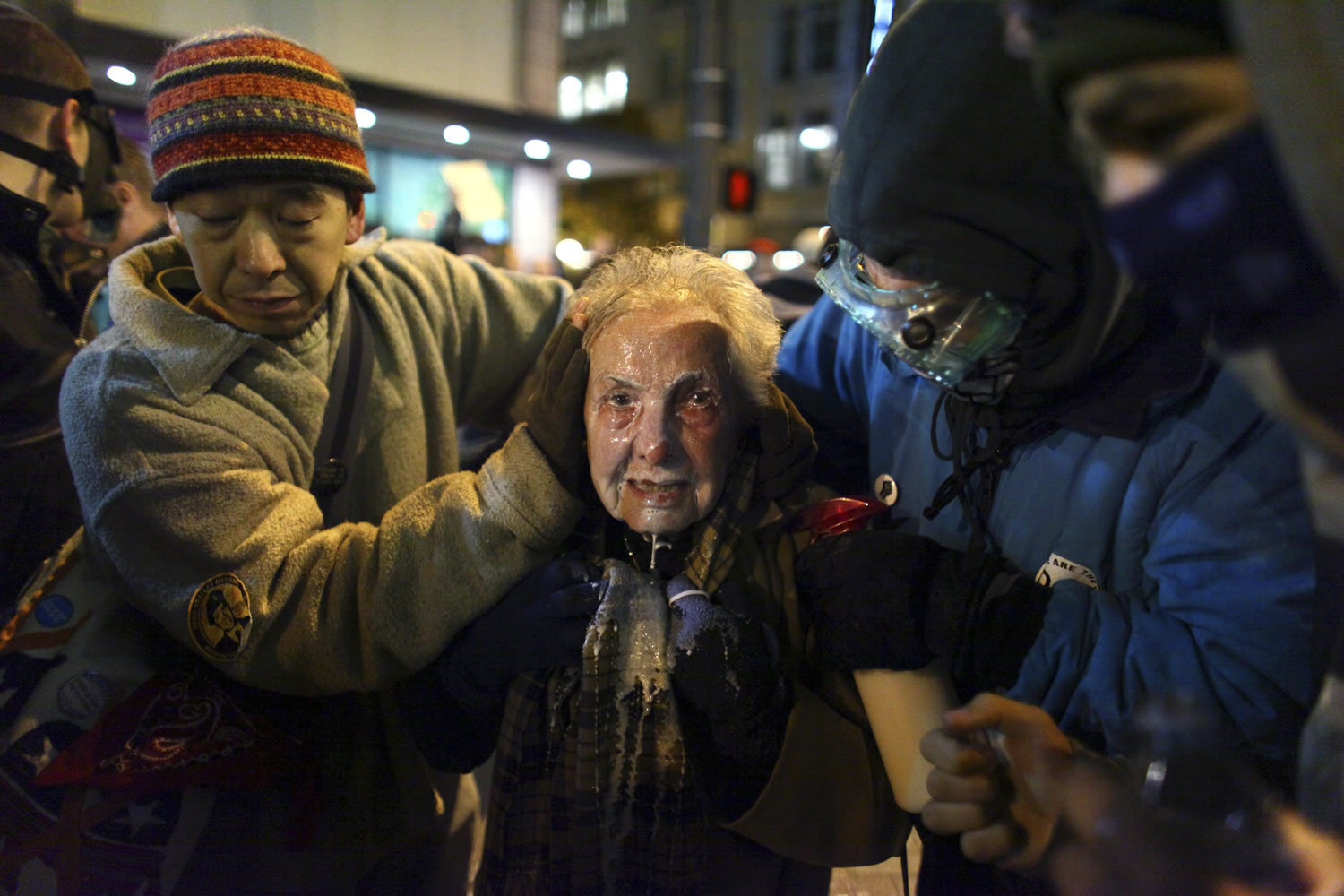SEATTLE — As the effects of the Great Recession continue to be felt across Washington, it’s not surprising that several of the top 10 state news stories of 2011 can be traced to the worst economic downturn in 80 years.
From billion-dollar deficits to soaring tuition costs to angry street protests, the financial crisis played out on front pages in many different ways. The resolution of high-profile court cases that captured the world’s attention, as well as Washington’s, and new hope for long-suffering Cougar football fans were also among the stories that made the cut.
What follows are the top 10 Associated Press news stories for 2011, as voted on by editors in Washington.
1 State revenue forecasts continue to drop, forcing cuts
Like kids waiting for Santa Claus to arrive, state lawmakers kept hoping and hoping for good budget news in 2011. It never came. A series of grim economic forecasts left the Legislature staring at big deficits throughout the year. Lawmakers passed a $32 billion, two-year operating budget that closed a $5 billion shortfall. They made $4.6 billion in cuts and transferred about $500 million from other accounts to balance the books. Health care, K-12 education and public safety were among the areas that took a hit. Almost as soon as they’d left Olympia, however, the budget was out of whack again. Gov. Chris Gregoire called the Legislature back for a late-year special session, asking them to find another $2 billion in reductions. Democrats and Republicans settled on a plan that provided a temporary, $480 million fix through cuts, transfers and delayed payments. That means they’ll again have to look for hundreds of millions of dollars in cuts — or possible new tax revenue — when they come back in January.



